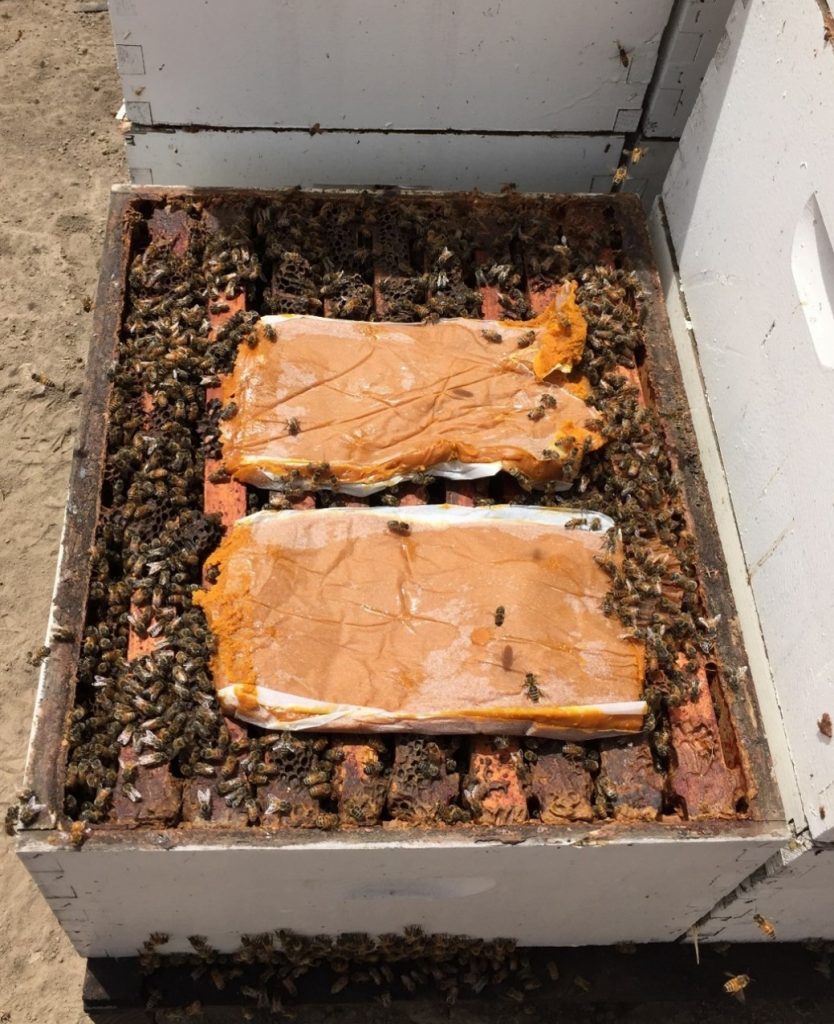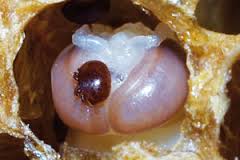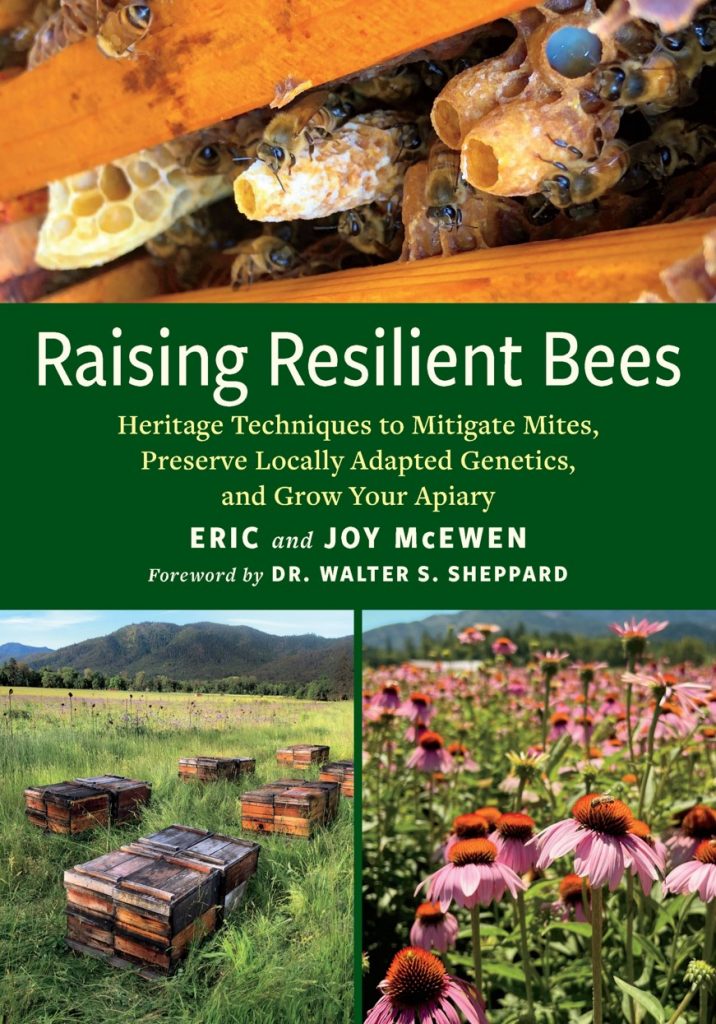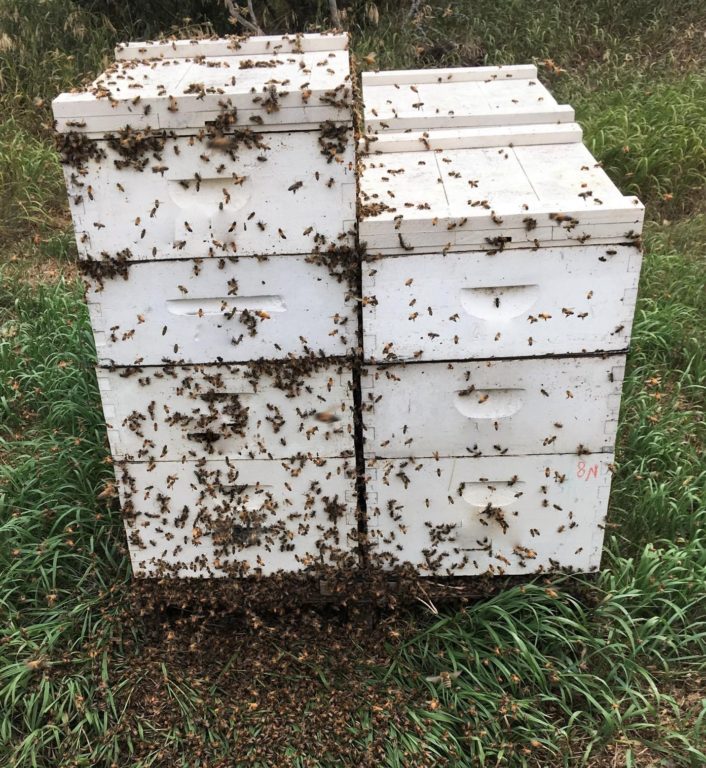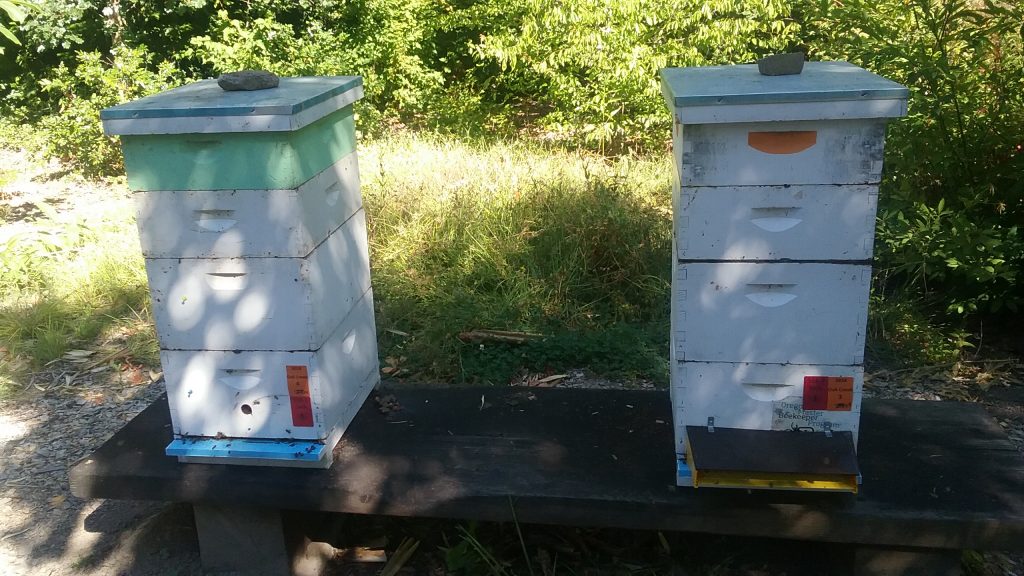Bee nutrition – a great new guide
Just in time for our early season decision making on what is best to feed our bees is the latest release from the Honey Bee Health Coalition Honey Bee Nutrition Guide . https://honeybeehealthcoalition.org/nutritionguide/ The guide reviews the basic of bee nutrition and serves as a manual for supplemental feeding in bee hives. It is a straight-forward, […]
Bee nutrition – a great new guide Read More »

